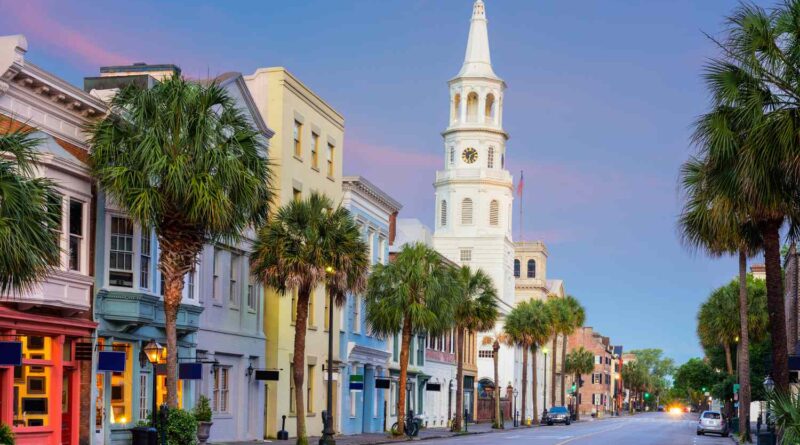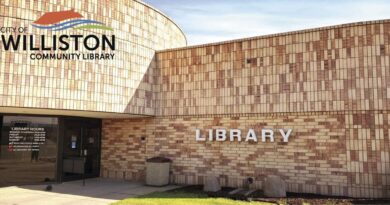History Of Charleston South Carolina
Charleston, South Carolina is a city with a rich and complex history, spanning centuries of Native American, European, African, and American influences. From its early days as a colonial settlement to its pivotal role in the Civil War, Charleston has been at the center of some of the most significant moments in American history.
Long before the arrival of European settlers, the Charleston area was home to a number of Native American tribes, including the Cherokee, Catawba, and Yemassee. These groups lived off the land and waterways, hunting, fishing, and farming in the rich Lowcountry environment.
In 1670, the English established the first permanent European settlement in South Carolina at Albemarle Point, near present-day Charleston. Over time, the settlement grew and became the colonial capital of South Carolina. Charleston’s location at the mouth of the Ashley and Cooper rivers made it an important port for the export of goods, including rice, indigo, and later, cotton.
Like many Southern cities, Charleston’s history is deeply intertwined with the legacy of slavery. The city was a major hub of the transatlantic slave trade, and the slave population in Charleston was the largest in North America during the 18th and early 19th centuries.
Charleston also played a significant role in the Civil War. The first shots of the war were fired at nearby Fort Sumter in April 1861, and the city was a key Confederate stronghold throughout the conflict. After the war, Charleston struggled to rebuild and reconcile in the wake of the devastation.
In the 20th century, Charleston continued to be a site of struggle and change. During the Civil Rights Movement, the city was the site of numerous protests and demonstrations, including the famous hospital workers’ strike in 1969.
Today, Charleston is a vibrant and diverse city that celebrates its history while also looking towards the future. Visitors can explore the city’s many museums, historic sites, and cultural institutions, from the iconic Battery and Rainbow Row to the Gibbes Museum of Art and the Avery Research Center for African American History and Culture.
Charleston’s unique blend of history, culture, and natural beauty make it a truly special place to visit. Whether you’re interested in learning about the city’s colonial past, exploring its vibrant arts scene, or simply enjoying the warm hospitality of its residents, there’s something for everyone in Charleston, South Carolina.
Discover more from City Towner
Subscribe to get the latest posts sent to your email.




